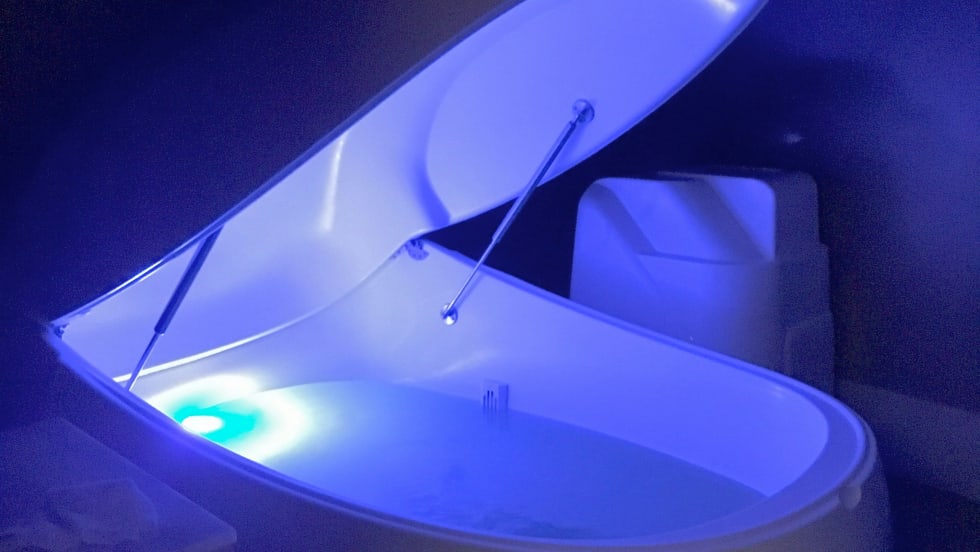
A few benefits of floating include: reduced stress, improved sleeping patterns, and a balanced well-being.
Read More →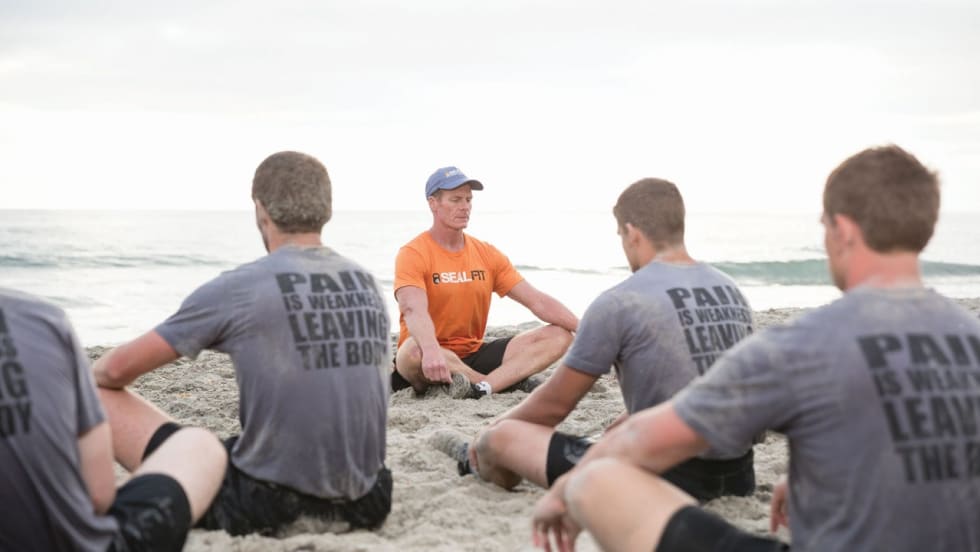
If you start slow and adapt your meditation practice to the first responder lifestyle you'll be able to reap the benefits.
Read More →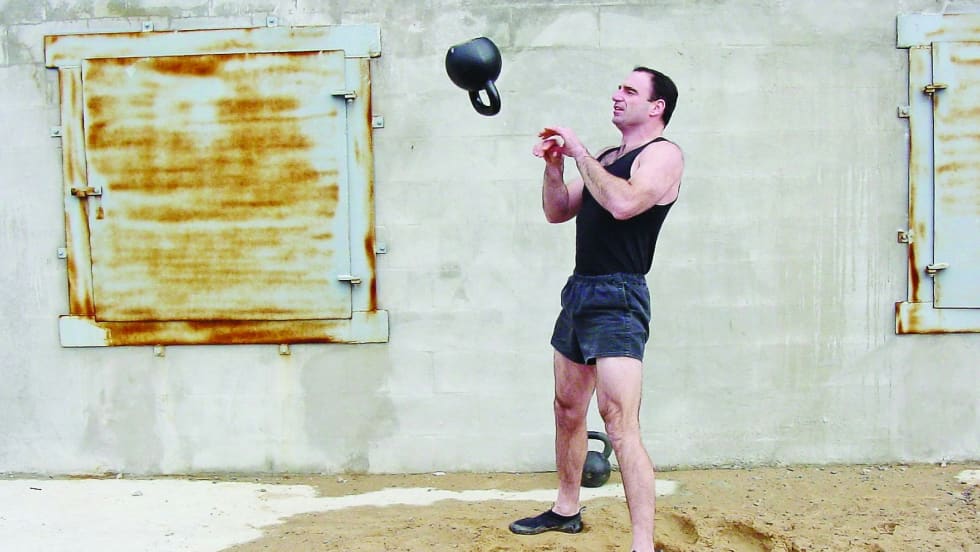
Scheduling high-intensity workouts is much easier when you have an actionable plan.
Read More →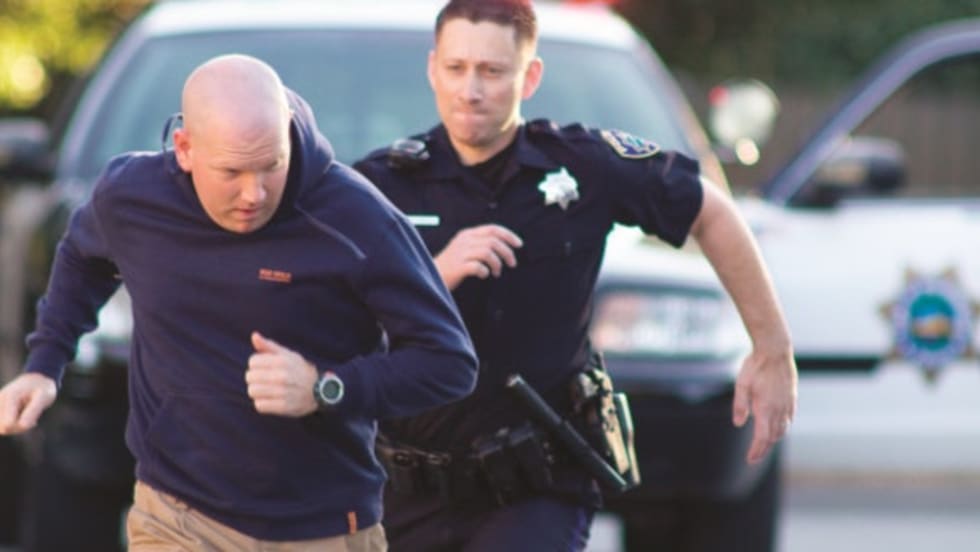
The philosophy of high-intensity physical training meshes well with officers' schedules and performance needs, and it is a gateway to peak performance and resilience.
Read More →
What you eat not only fuels your physical activity, it also keeps your mind sharp and focused.
Read More →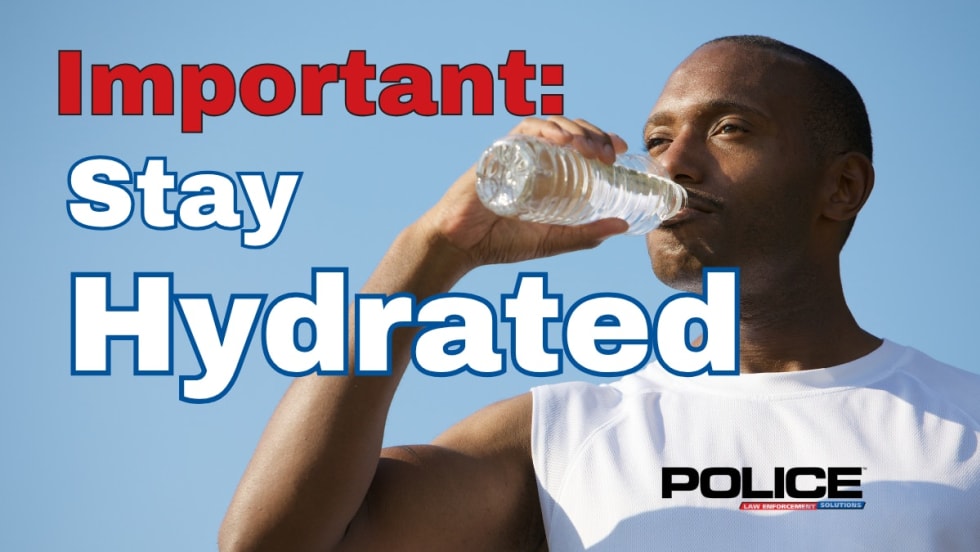
Fortunately, there are many things officers can do to get themselves in a better position to perform at a high level during their shifts. One is to hydrate properly.
Read More →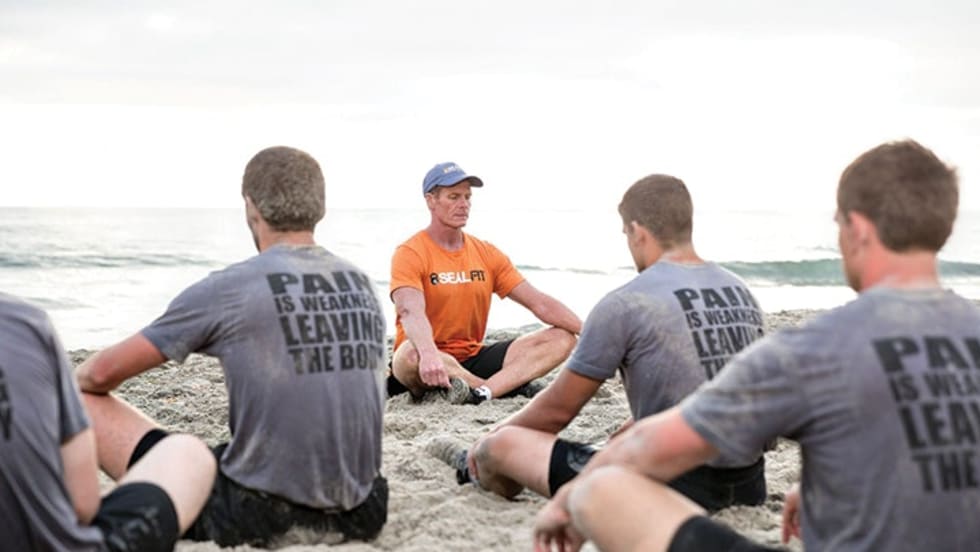
Box Breathing has been around for many years and has been utilized by professional athletes, fighters, elite military personnel, and law enforcement officers.
Read More →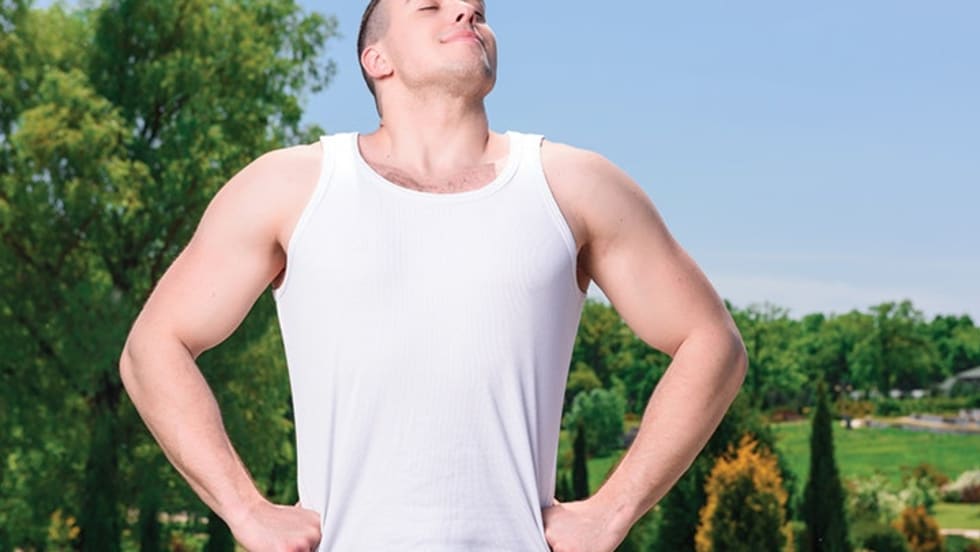
In time, and with practice, you can apply your breathing practice as a response to stress and to help with emotional regulation even when responding to high-priority radio calls and after critical incidents.
Read More →
How much sleep are you getting? When you are in law enforcement, the answer is most likely "not enough." But the best performance-enhancing drug is getting enough sleep per night as consistently as possible.
Read More →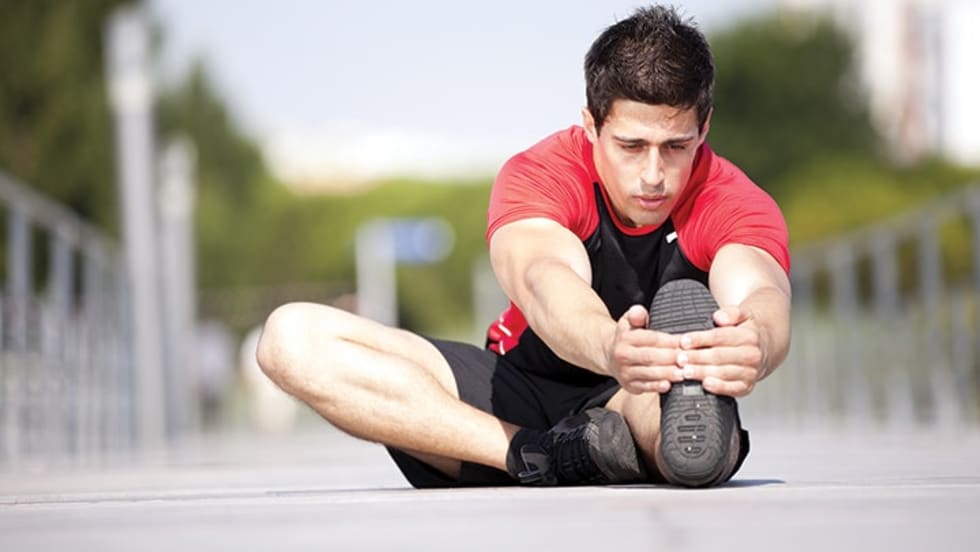
There are science-based methods that have been developed to help manage the physical and mental stresses placed on high-level athletes and these methodologies can be adapted to help manage the physical and mental stresses that are placed upon you by this profession.
Read More →